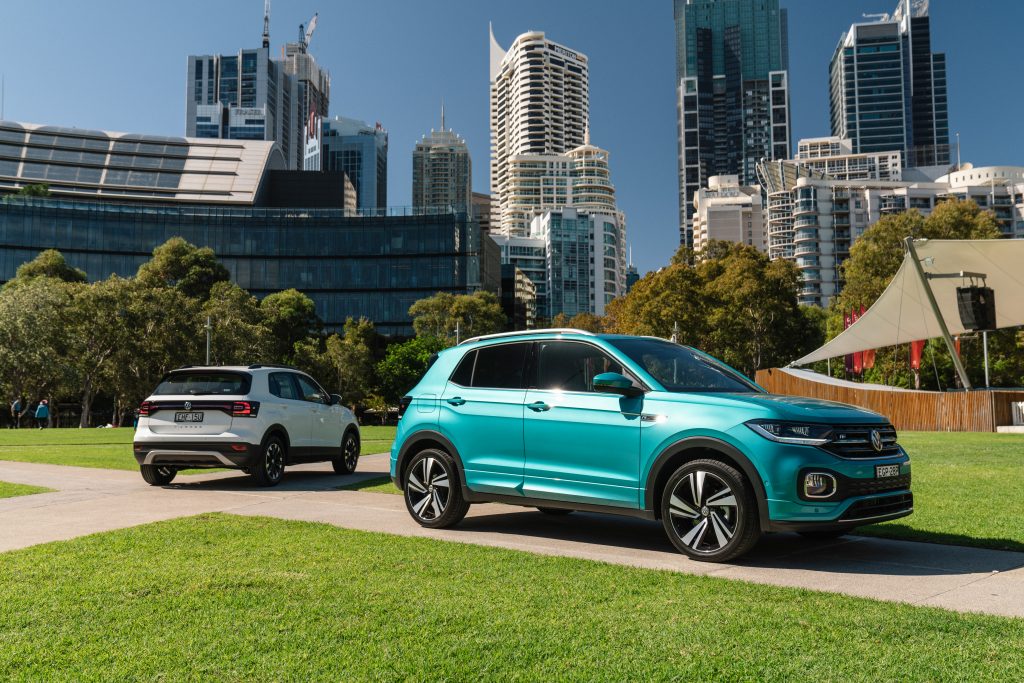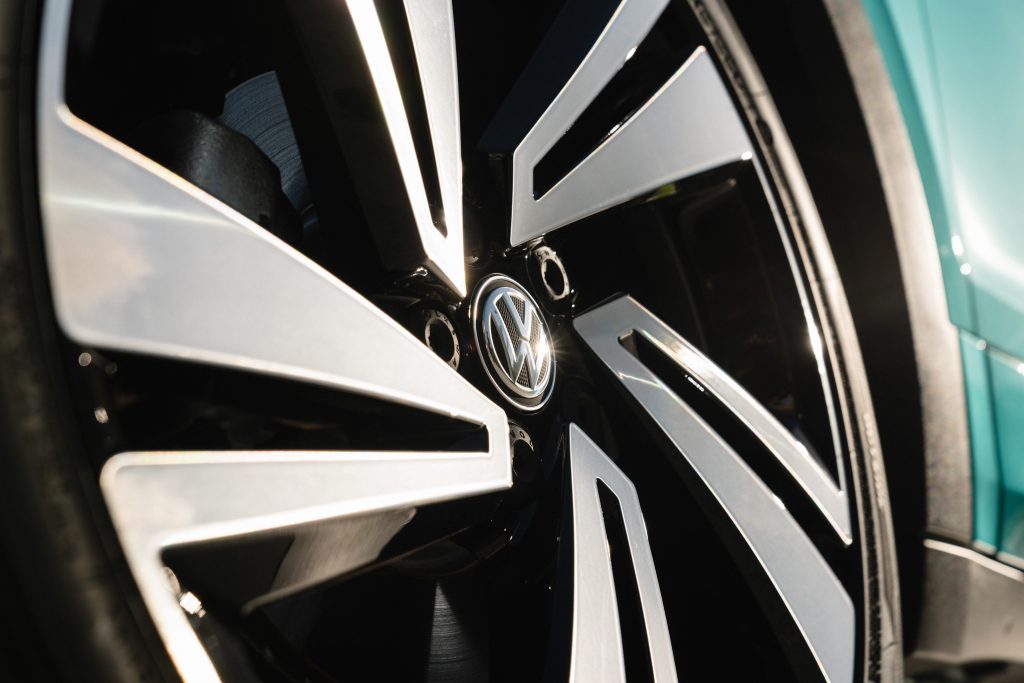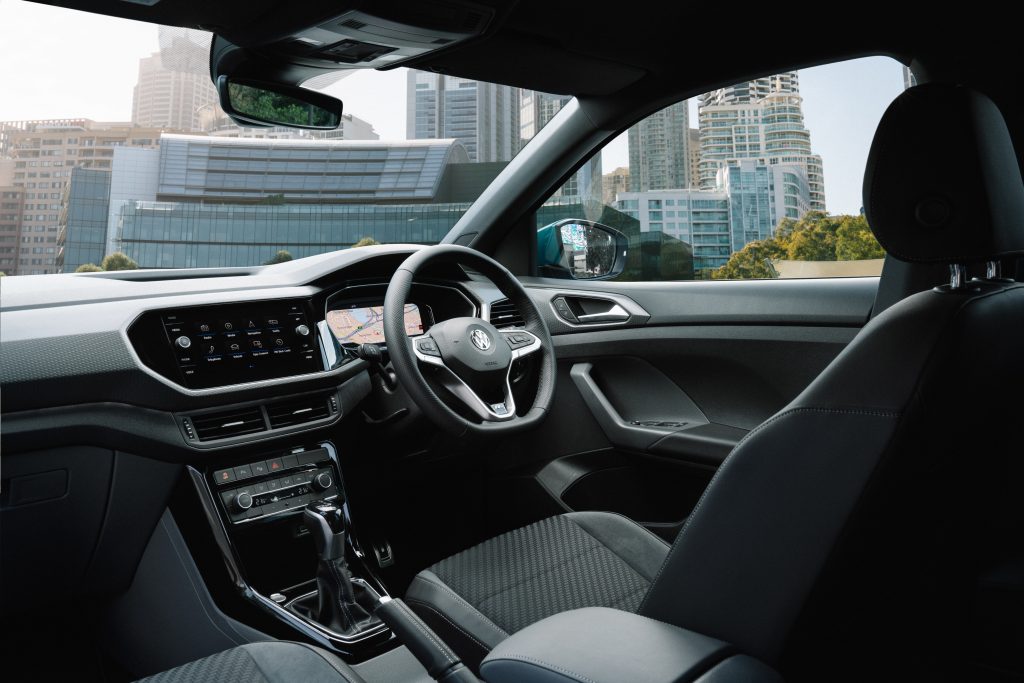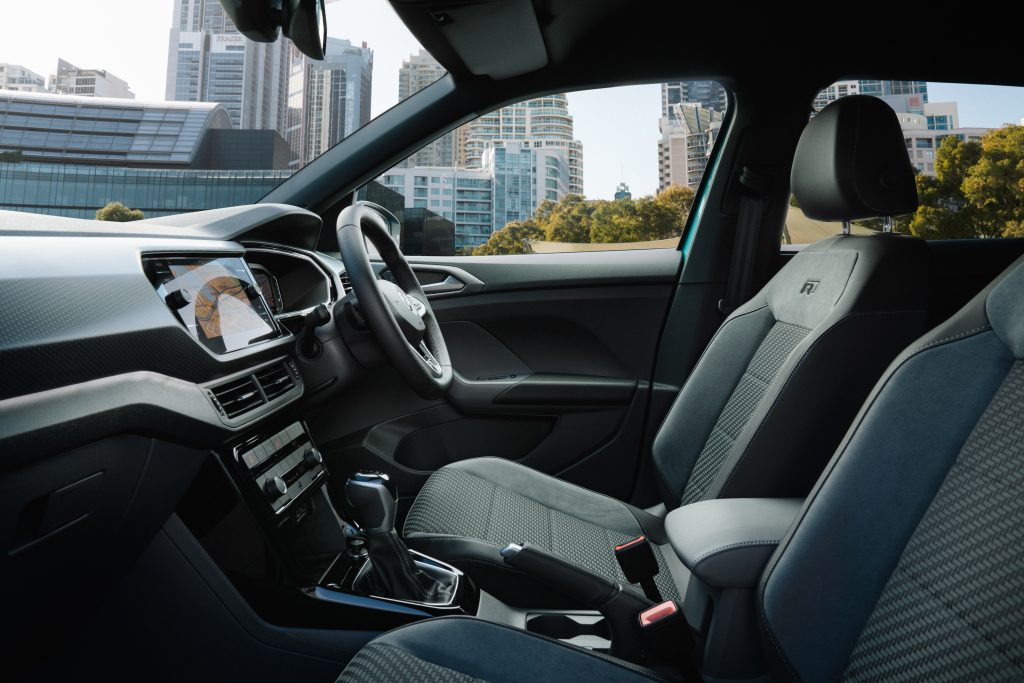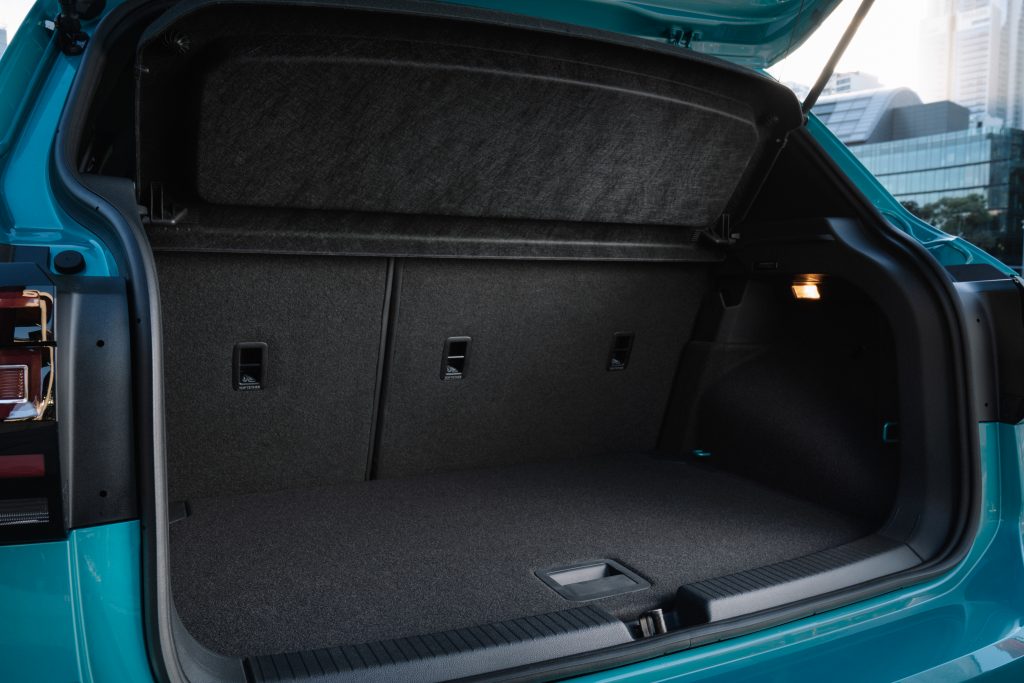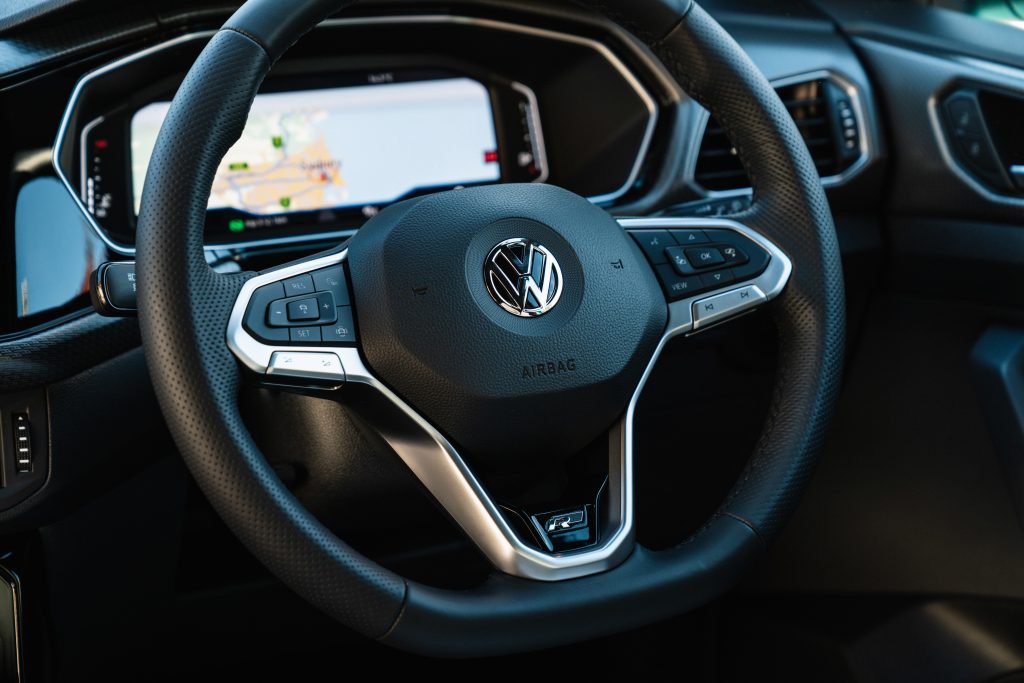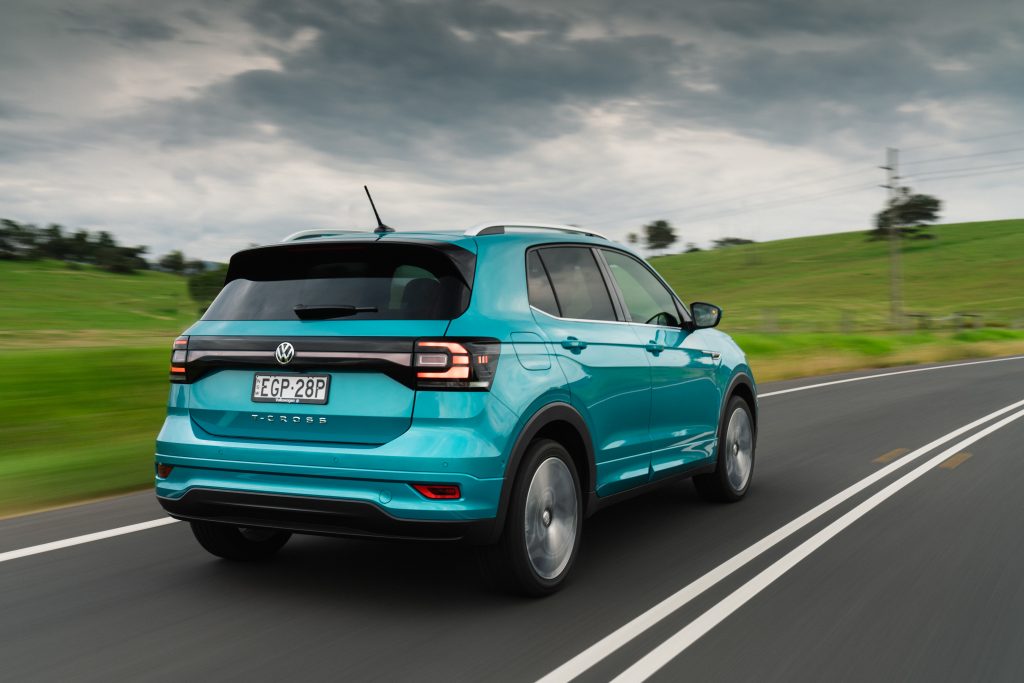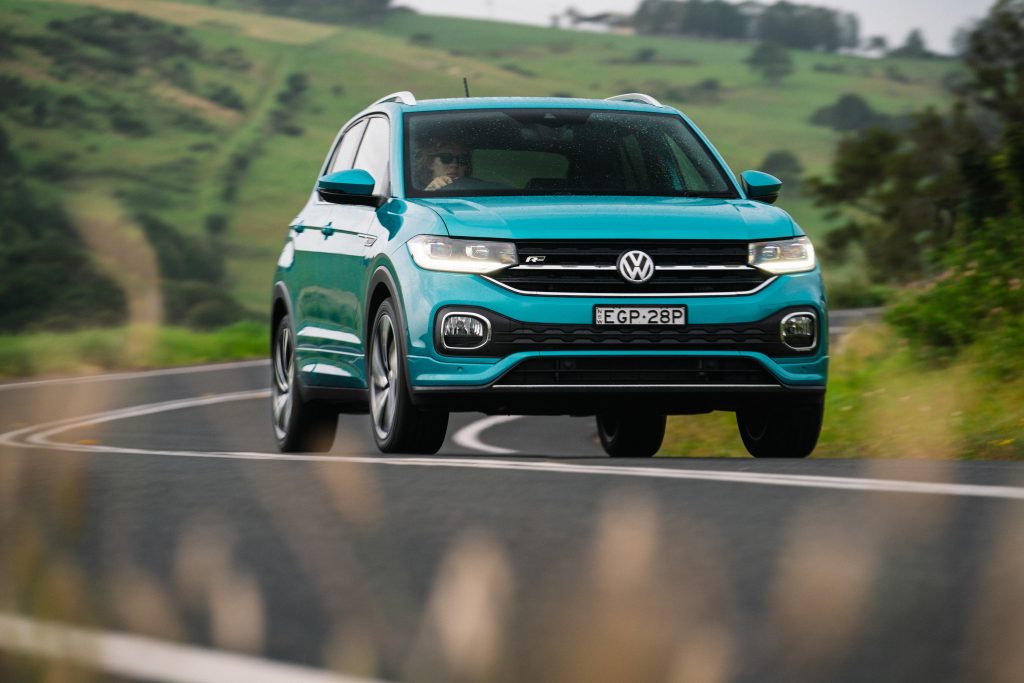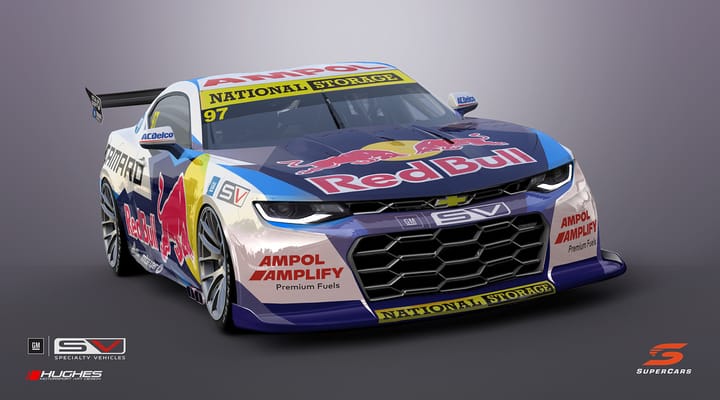Review: Volkswagen T-Cross

When you are late to a party you need to make an impact.
Volkswagen knows it, which is why its newest SUV is called the T-Cross. With millennial styling.
There is no mistaking the youthful focus of the name and the compact positioning of a vehicle which needs to be good to mount an attack on rivals including the Hyundai Venue and Kia Seltos, not to mention – but I did – the underwhelming Mazda CX-3 and Honda HR-V which are now really battling against newer and trendier arrivals.
There is a new boom in city-style SUVs as people, old as well as young, look to maximise their motoring footprint.
Affordable electric cars are still a long way in the future but SUVs continue to boom, and will do even better – perhaps forcing baby hatchbacks into the history books – as more people look for something small and useable.
The easiest way to look at the T-Cross is to consider it as a Polo with an SUV top.
The same will happen later this year, with a bigger twist, when the all-new T-Roc joins the family with an SUV body over the basics from the Golf.
It’s a familiar pattern now for these new-age SUVs, which are all fighting with a $20,000-something starting price despite most of their mechanical cousins – I’m particularly thinking of the CX-3 and HR-V, which track to the Mazda2 and Honda Jazz – starting for somewhat less than $20,000.
Volkswagen has an advantage in this cross-training effort because it’s baby cars, Polo and Golf, sit at the very top of their classes and have comfort and refinement that tops almost all their opponents.
Which brings us to the T-Cross.
It might start at $27,990 with a three-cylinder turbo engine and front-wheel drive, but it’s easy to get – very – carried away and spend well over $30,000 if you splash on the Style grade that brings things like radar cruise control, the $1900 Sound-and-Vision package with satnav and the excellent digital dashboard, and $2500 for the R-Line package with 18-inch alloys, upgraded trim, tinted rear windows and more.
No surprise, the test car is fully loaded because VW wants to make a good first impression. Party time, see …
But it’s the basics that set the scene for the T-Cross, as the chassis is taut with good ride, the baby 1.0-litre engine has a solid surge through the gears, fuel economy is excellent, and there is reasonable space in the boot and back seat.
It’s the size that is going to draw most owners, because it is small and easy to park but feels roomy and airy.
The extra equipment on my T-Cross means I get to enjoy the slightly better visuals that the big wheels bring to a nicely shaped body, extra safety equipment, flappy paddles for shifting gears, and the R-Line seats and the excellent dash display.
But even the base model is well equipped with the usual air-conditioning but including four USB ports, an 8-inch infotainment screen, reversing camera, auto safety braking and parking sensors.
One thing badly missing from the starter car, which I enjoy in the loaded tester, is full LED lighting.
As a drive, the T-Cross is good. It’s hardly sporty, and some people don’t like the sound from the three-cylinder engine or the slightly bouncy ride on bumpy country roads, but there is a lot to like and almost nothing to criticise.
The price is not for everyone, but people who want to brag a bit with a Volkswagen badge will generally be happy to invest a little – or a lot – extra in a car which does the job and is easy to give a tizz.
Standing back and considering the class, the T-Cross is the new benchmark despite a relative lack of value compared with the Seltos and Venue.
solid feel
VW badge
Power: 85kW/200Nm
Transmission: 7-speed DSG, front-wheel drive
Position: compact city SUV
THE TICK: definitely


